Home>Gardening & Outdoor>Landscaping Ideas>How Long To Water Grass After Fertilizing
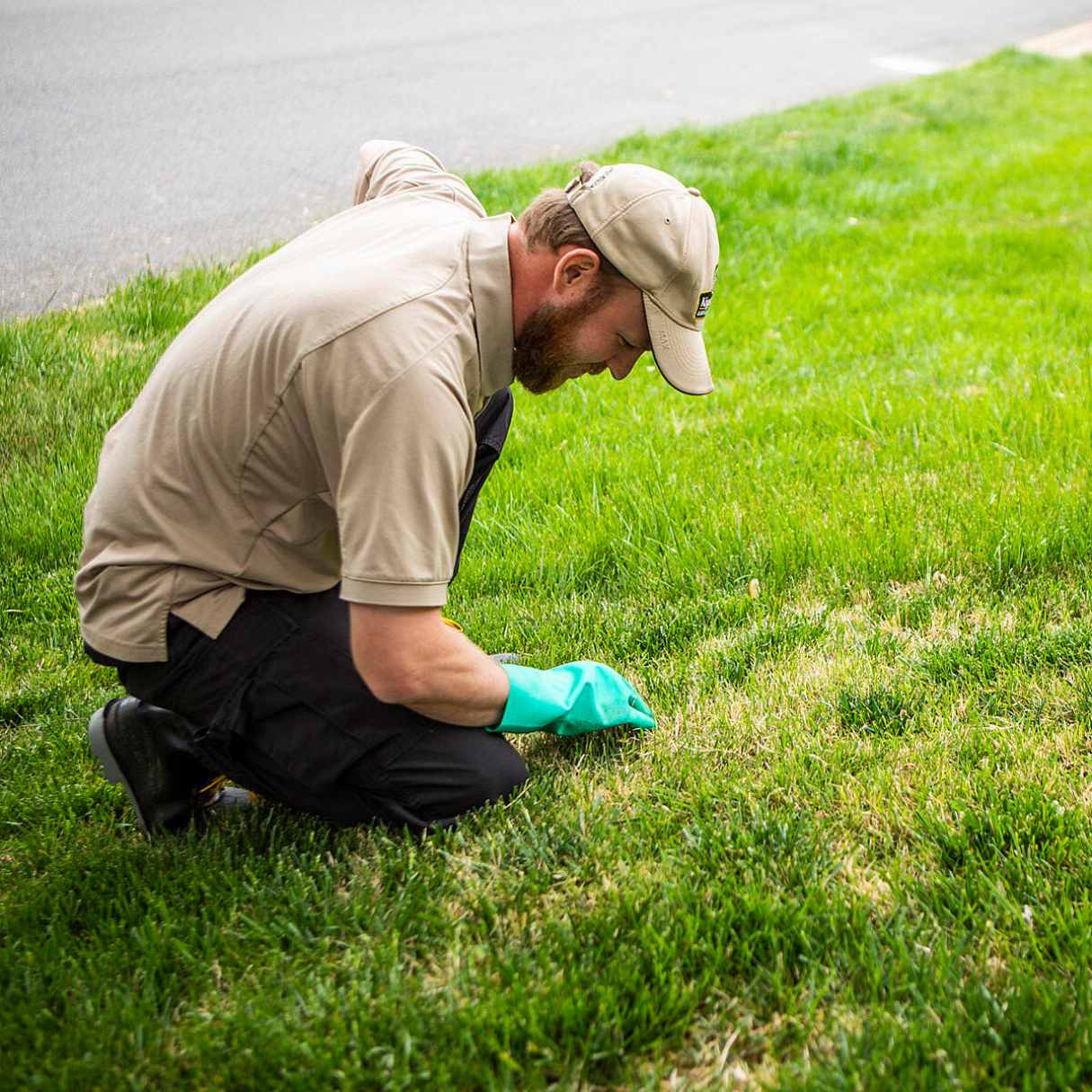

Landscaping Ideas
How Long To Water Grass After Fertilizing
Modified: October 20, 2024
Find expert landscaping ideas on how long to water grass after fertilizing. Learn the best practices for maintaining a healthy lawn.
(Many of the links in this article redirect to a specific reviewed product. Your purchase of these products through affiliate links helps to generate commission for Storables.com, at no extra cost. Learn more)
**
Introduction
**
When it comes to maintaining a lush, vibrant lawn, the proper application of fertilizer and watering are essential components. Fertilizing your grass provides vital nutrients that promote healthy growth, while watering ensures the nutrients penetrate the soil and reach the grassroots effectively. However, the timing of watering after fertilizing is crucial to maximize the benefits of both practices. In this article, we will explore the optimal timing for watering your grass after fertilizing, the reasons behind it, and the best practices to achieve a thriving, green lawn. Let's delve into the details of this essential aspect of lawn care.
Key Takeaways:
- Watering your grass after fertilizing activates the nutrients, prevents burnt grass, enhances nutrient uptake, and ensures uniform distribution for a healthy and vibrant lawn.
- Factors like fertilizer type, weather, soil, grass type, and time of day influence the optimal timing for watering grass after fertilizing. Adapting to these variables is crucial for nurturing your lawn effectively.
Read more: How Long To Stay Off Grass After Fertilizing
Importance of Watering Grass After Fertilizing
Watering your grass after fertilizing is not just a routine task; it is a critical step in ensuring the effectiveness of the fertilizer and the overall health of your lawn. The significance of this practice lies in its impact on the absorption and utilization of the applied nutrients. Here are some key reasons why watering grass after fertilizing is of paramount importance:
- Activating the Fertilizer:
After applying fertilizer, watering the grass helps activate the nutrients, allowing them to seep into the soil and reach the grassroots. This activation process is vital for initiating the absorption of essential elements, such as nitrogen, phosphorus, and potassium, by the grass roots.
- Preventing Burnt Grass:
Failure to water the grass after fertilizing can lead to the burning of the grass blades. Fertilizers contain concentrated nutrients that, when left on the grass without proper watering, can cause damage and discoloration. Adequate watering mitigates this risk, safeguarding the health and appearance of the grass.
- Enhancing Nutrient Uptake:
Water acts as a carrier for the nutrients present in the fertilizer, facilitating their absorption by the soil and the grassroots. This, in turn, enhances the grass’s ability to utilize the nutrients effectively, promoting robust growth and overall vitality.
- Ensuring Uniform Distribution:
Watering the grass post-fertilization helps distribute the nutrients evenly across the lawn, preventing patchy or uneven growth. This uniform distribution contributes to a consistent and healthy appearance throughout the entire lawn.
Understanding the importance of watering grass after fertilizing underscores the significance of this practice in nurturing a vibrant and resilient lawn. By recognizing the role it plays in optimizing nutrient absorption and safeguarding the grass from potential damage, you can elevate the overall health and visual appeal of your lawn.
Factors Affecting Watering Time
Several factors influence the optimal timing for watering grass after fertilizing. Understanding these variables is crucial for determining the most effective approach to nurturing your lawn. Consider the following factors that impact the watering time after applying fertilizer:
- Fertilizer Type:
The type of fertilizer used plays a significant role in determining the ideal watering time. Quick-release fertilizers may require immediate watering to prevent potential damage to the grass, while slow-release fertilizers offer more flexibility in timing due to their gradual nutrient release.
- Weather Conditions:
The prevailing weather conditions, including temperature, humidity, and sunlight, can influence the watering time. Hot and dry weather may necessitate more frequent watering to prevent the grass from drying out, while cooler temperatures may allow for longer intervals between fertilization and watering.
- Soil Composition:
The composition and drainage capabilities of the soil impact the rate at which it absorbs water and nutrients. Soil with high clay content retains moisture for longer periods, potentially affecting the timing of post-fertilization watering compared to sandy or loamy soils.
- Grass Type:
Different grass species have varying water requirements and sensitivities to fertilizer application. Understanding the specific needs of your grass type is essential for determining the appropriate watering schedule after fertilizing.
- Time of Day:
The time of day when the fertilizer was applied can influence the watering time. Applying fertilizer in the morning allows for potential watering in the afternoon, leveraging the natural moisture retention during the evening. Conversely, fertilizing in the afternoon may necessitate watering in the evening to prevent prolonged exposure to concentrated nutrients.
By considering these factors, you can tailor your approach to watering grass after fertilizing, ensuring that the timing aligns with the unique characteristics of your lawn and promotes optimal nutrient absorption and utilization.
Water your grass immediately after fertilizing to help the nutrients penetrate the soil and prevent burning. Give it a deep watering to ensure the fertilizer is properly distributed.
Best Practices for Watering Grass After Fertilizing
Implementing best practices for watering grass after fertilizing is essential for maximizing the benefits of both processes and nurturing a healthy, vibrant lawn. By following these guidelines, you can ensure that your grass receives the necessary nutrients and moisture to thrive:
- Timing is Key:
Strive to water your grass within 24 hours of applying fertilizer. This timeframe allows for the activation of the nutrients and their absorption into the soil, promoting effective utilization by the grass roots.
- Avoid Overwatering:
While timely watering is crucial, it is equally important to avoid overwatering, which can lead to nutrient leaching and waterlogging. Strike a balance by providing adequate moisture without saturating the soil excessively.
- Monitor Weather Conditions:
Be mindful of the weather forecast to adjust your watering schedule accordingly. Hot and dry conditions may necessitate more frequent watering, while cooler or rainy weather may require less immediate attention.
- Utilize Irrigation Methods:
Choose appropriate irrigation methods, such as sprinklers or soaker hoses, to ensure even water distribution across the entire lawn. This promotes uniform absorption of nutrients and prevents localized overwatering or under-watering.
- Consider Grass Height:
Adjust your watering practices based on the height of the grass. Shorter grass may require more frequent watering to maintain moisture levels, while taller grass can benefit from deeper, less frequent watering sessions.
- Observe Absorption Rates:
Monitor the absorption rates of water and nutrients in your lawn to gauge the effectiveness of your watering schedule. Adjust the frequency and duration of watering based on the grass’s response and overall health.
By adhering to these best practices, you can optimize the watering of your grass after fertilizing, fostering robust growth and resilience while preserving the visual appeal of your lawn.
Conclusion
Watering your grass after fertilizing is a fundamental aspect of maintaining a healthy and vibrant lawn. By understanding the importance of this practice, considering the factors that influence watering time, and implementing best practices, you can effectively nurture your grass and optimize the benefits of fertilization. The synergy between fertilizing and watering is essential for ensuring that your lawn receives the necessary nutrients and moisture to thrive.
As you tend to your lawn, remember that the timing of watering after fertilizing is not a one-size-fits-all approach. It requires attentiveness to the unique characteristics of your lawn, including the type of fertilizer used, prevailing weather conditions, soil composition, grass type, and the time of day. By acknowledging and adapting to these variables, you can tailor your watering schedule to suit the specific needs of your grass, promoting uniform growth and vitality.
Ultimately, the goal of watering grass after fertilizing is to facilitate the absorption and utilization of nutrients, prevent potential damage to the grass, and maintain a lush, green lawn. By following the recommended best practices and remaining attuned to the evolving requirements of your lawn, you can cultivate an environment where your grass thrives and flourishes.
Embracing the symbiotic relationship between fertilizing and watering empowers you to become a steward of a healthy, resilient lawn. As you embark on this journey, remember that the care and attention you invest in your lawn today will yield a verdant and inviting outdoor space for relaxation and enjoyment in the days to come.
Frequently Asked Questions about How Long To Water Grass After Fertilizing
Was this page helpful?
At Storables.com, we guarantee accurate and reliable information. Our content, validated by Expert Board Contributors, is crafted following stringent Editorial Policies. We're committed to providing you with well-researched, expert-backed insights for all your informational needs.
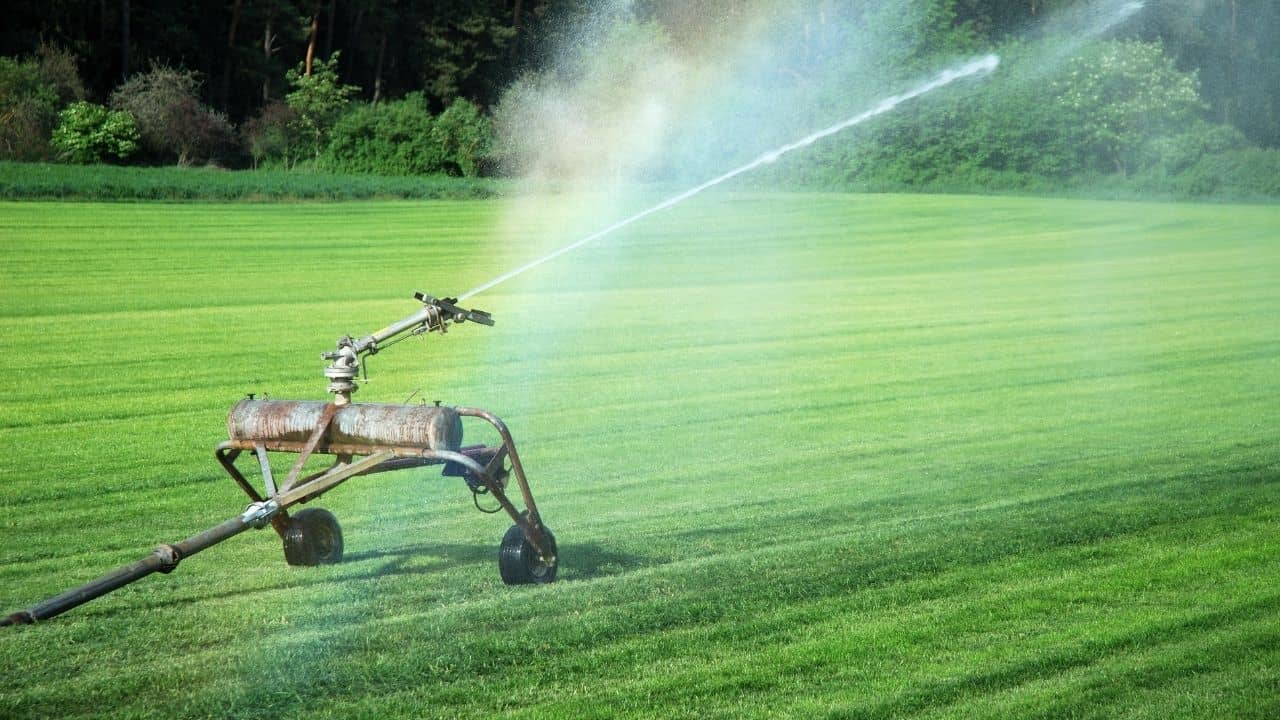
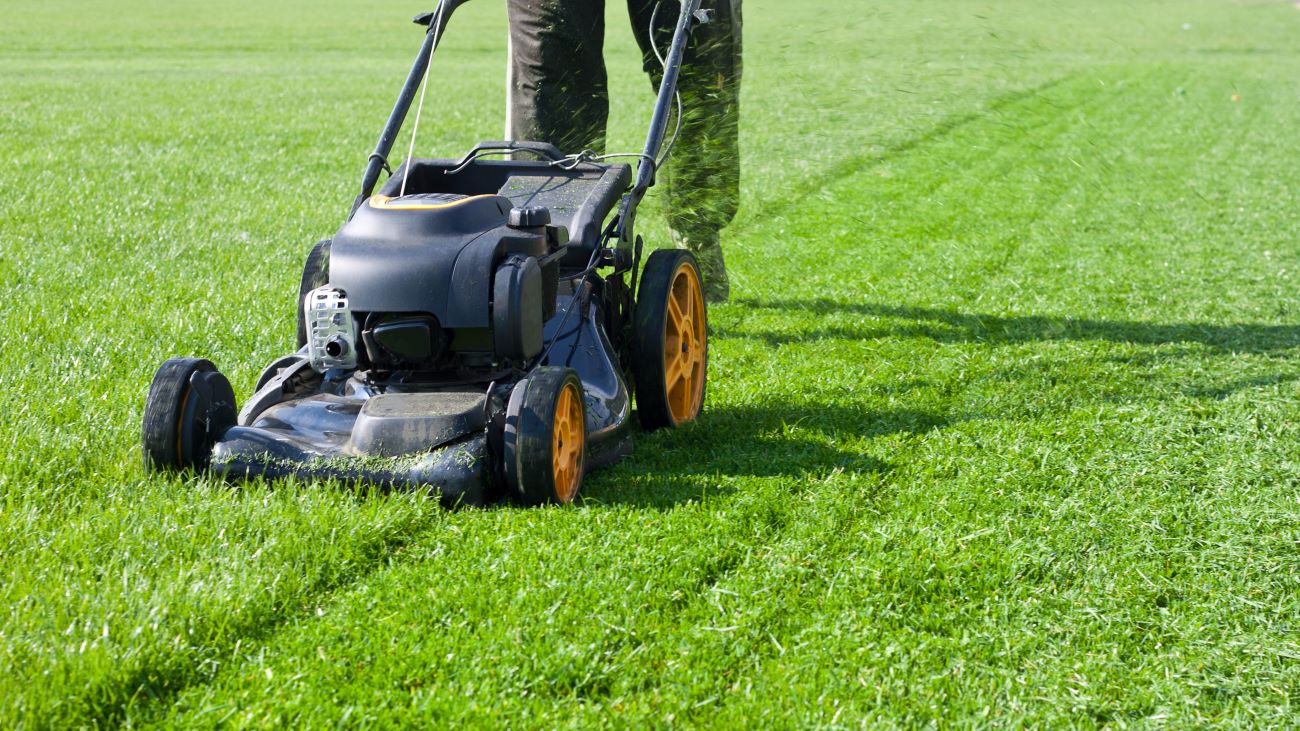
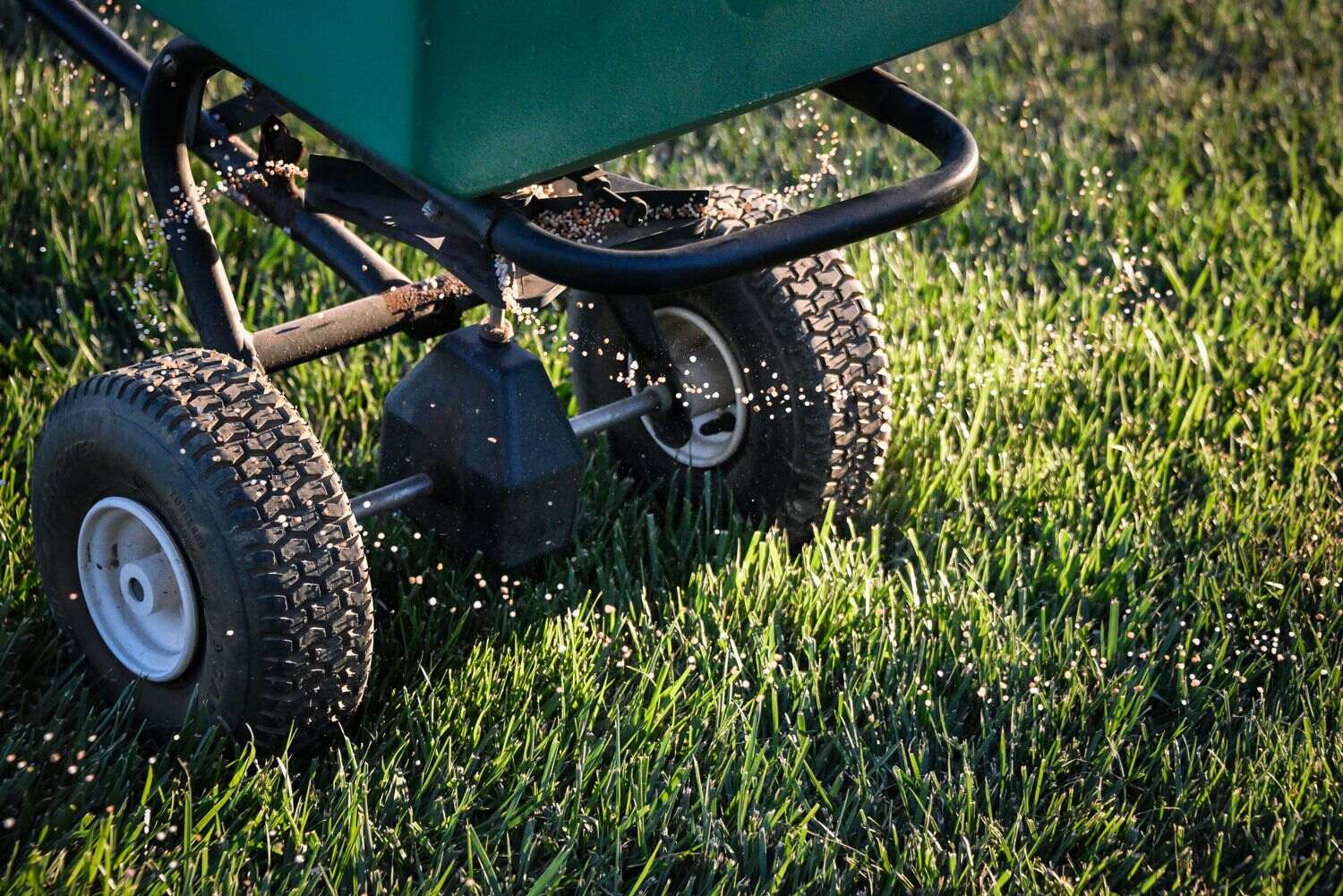
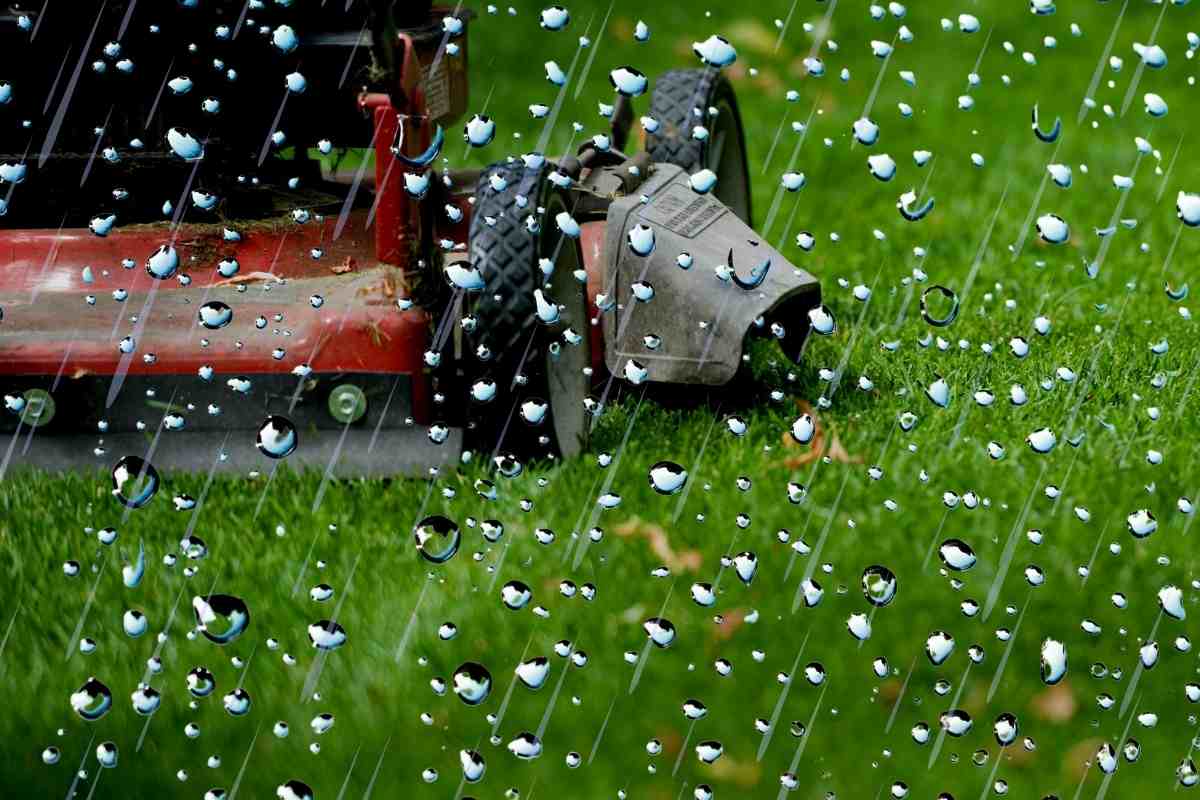
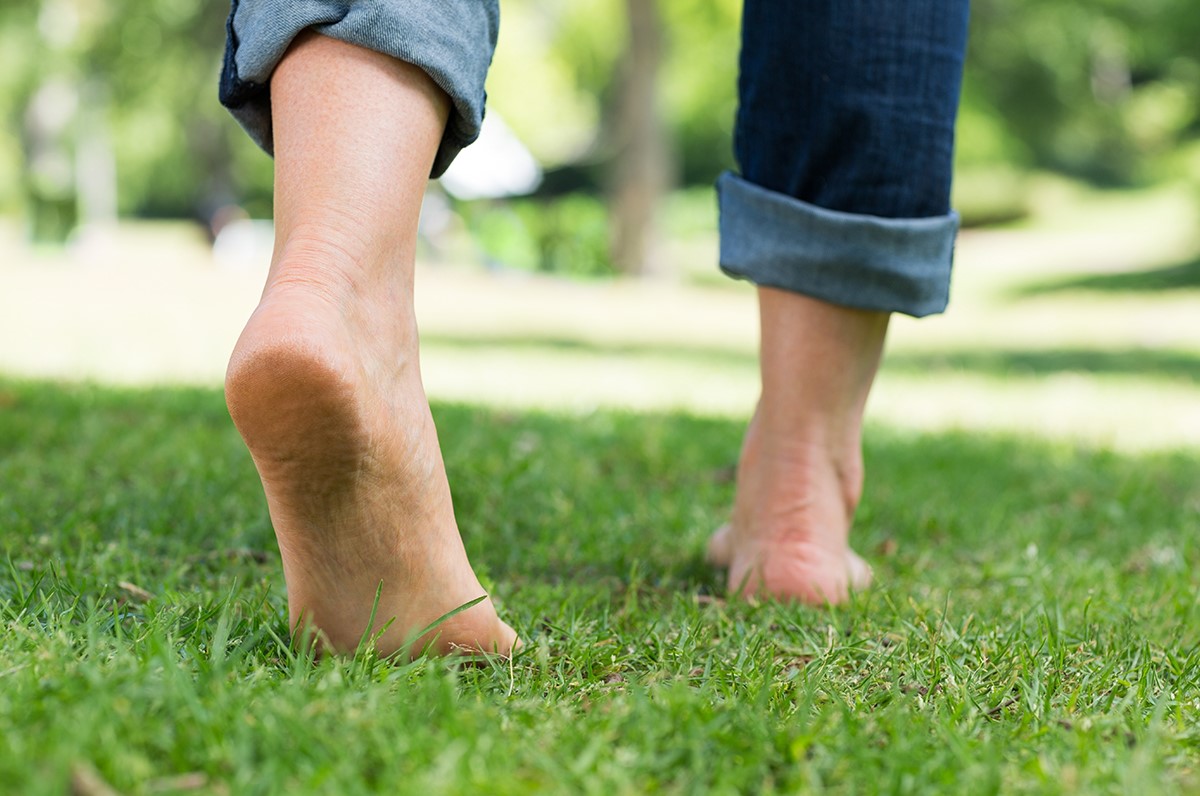
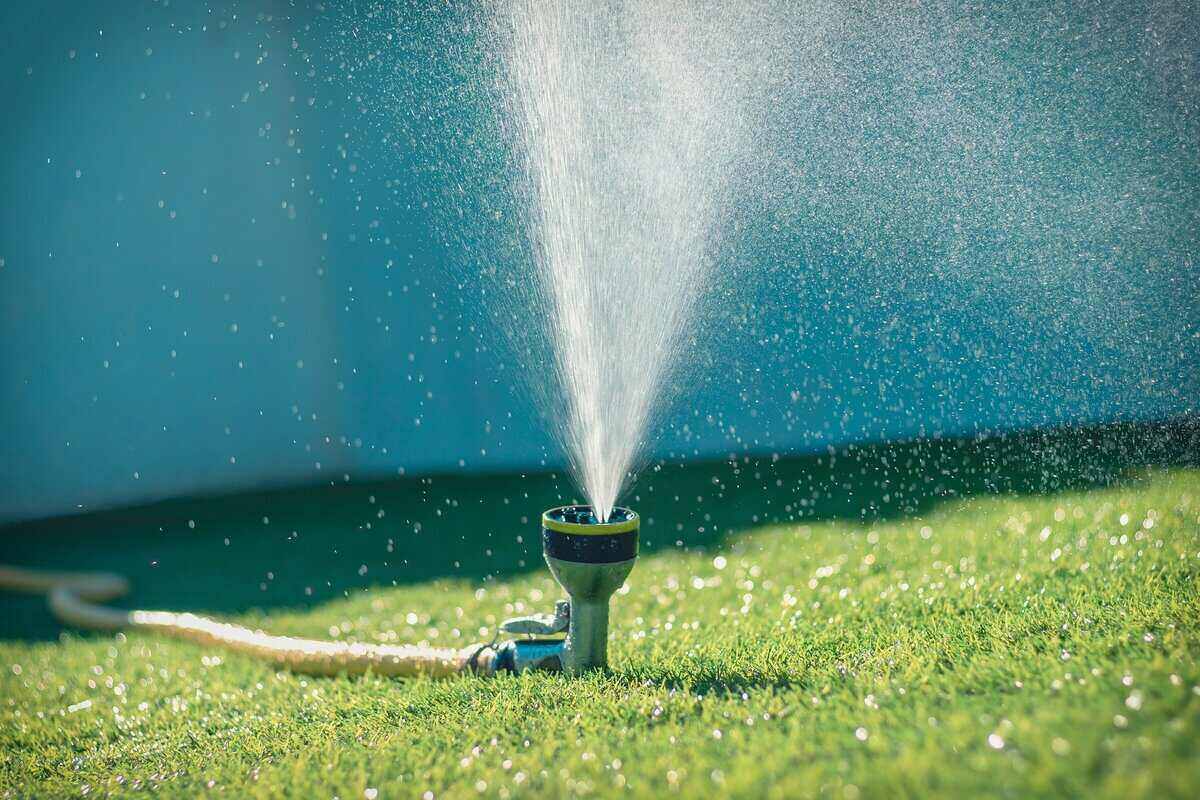
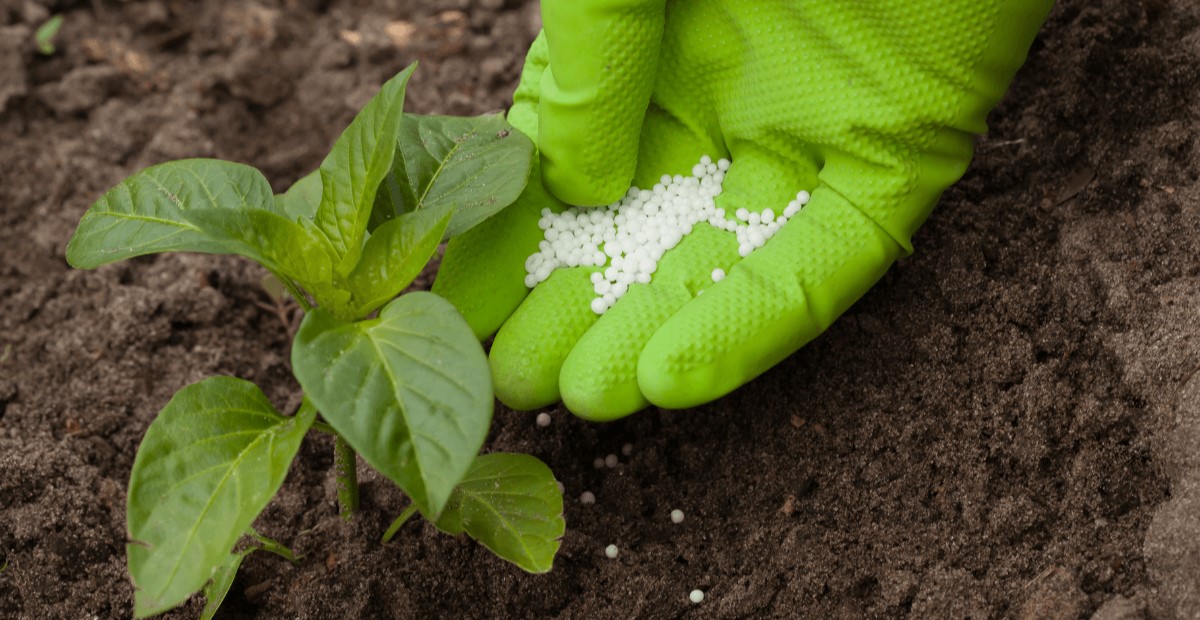
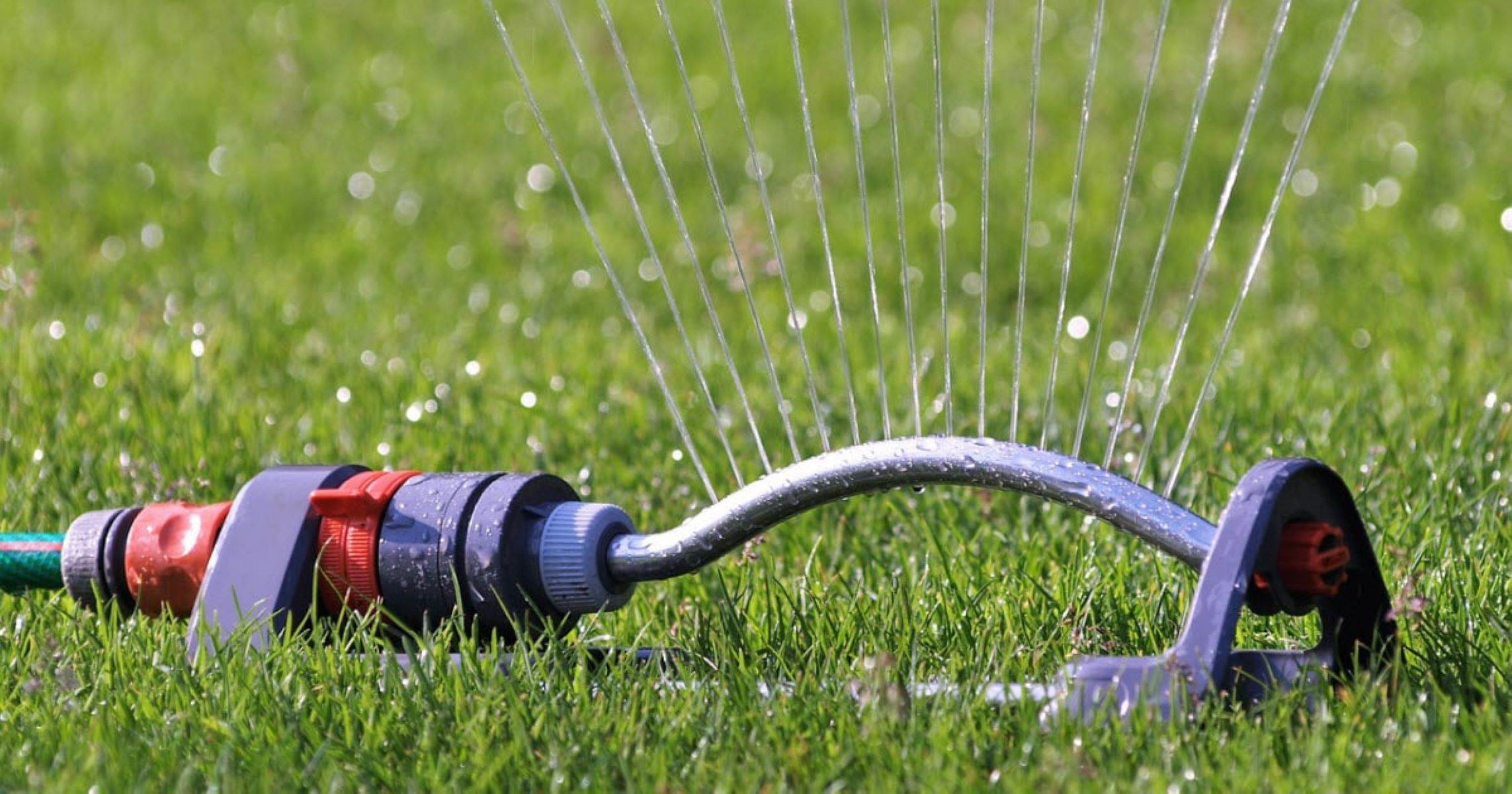
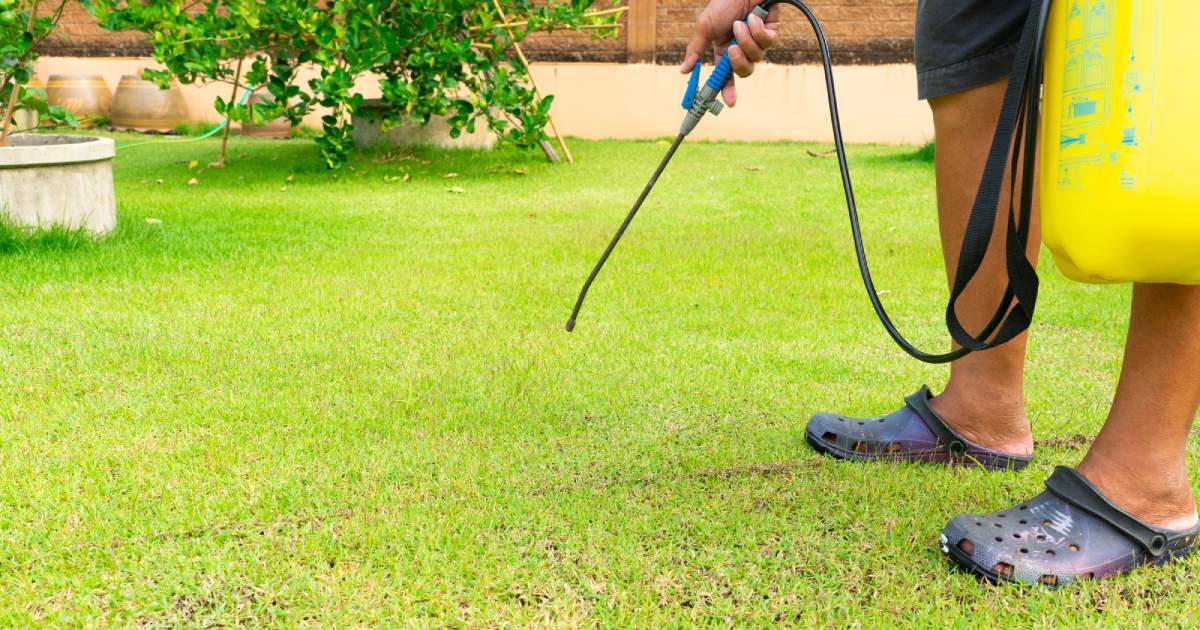
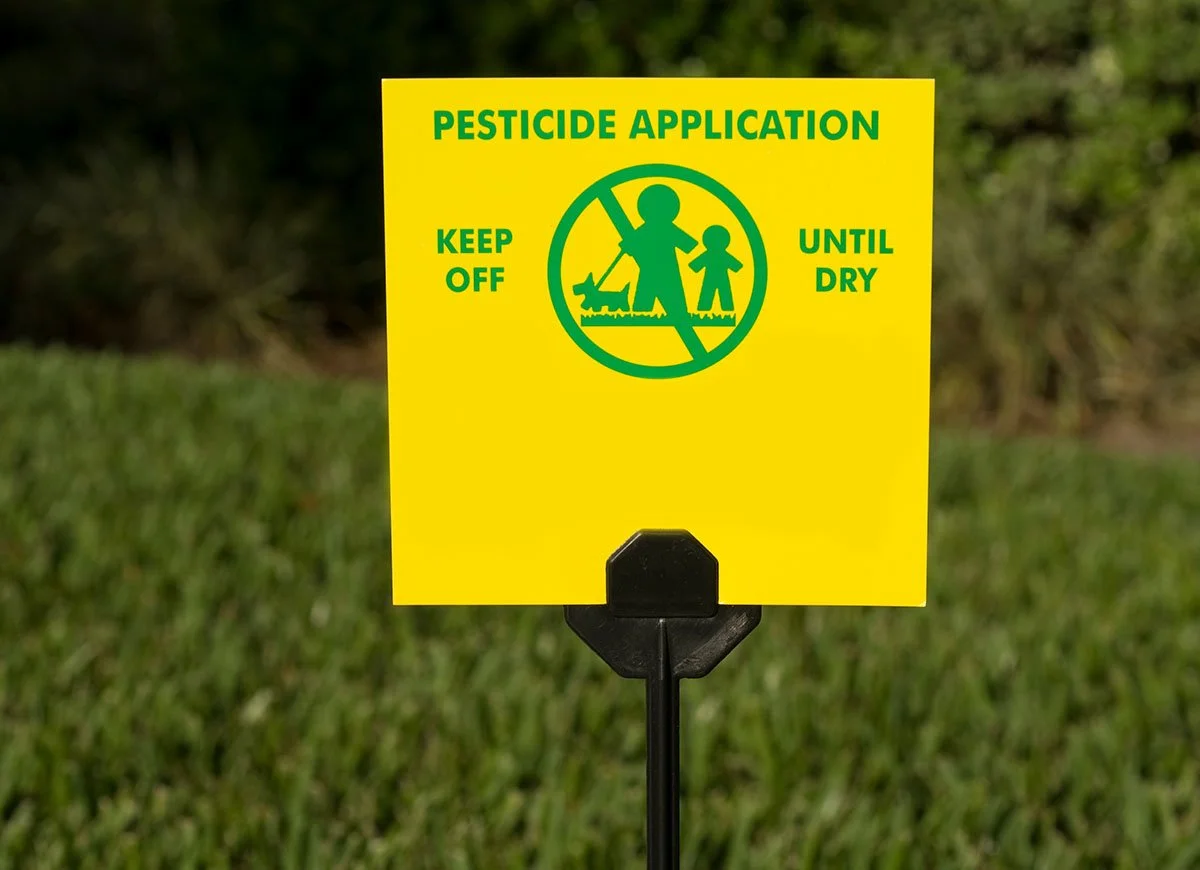
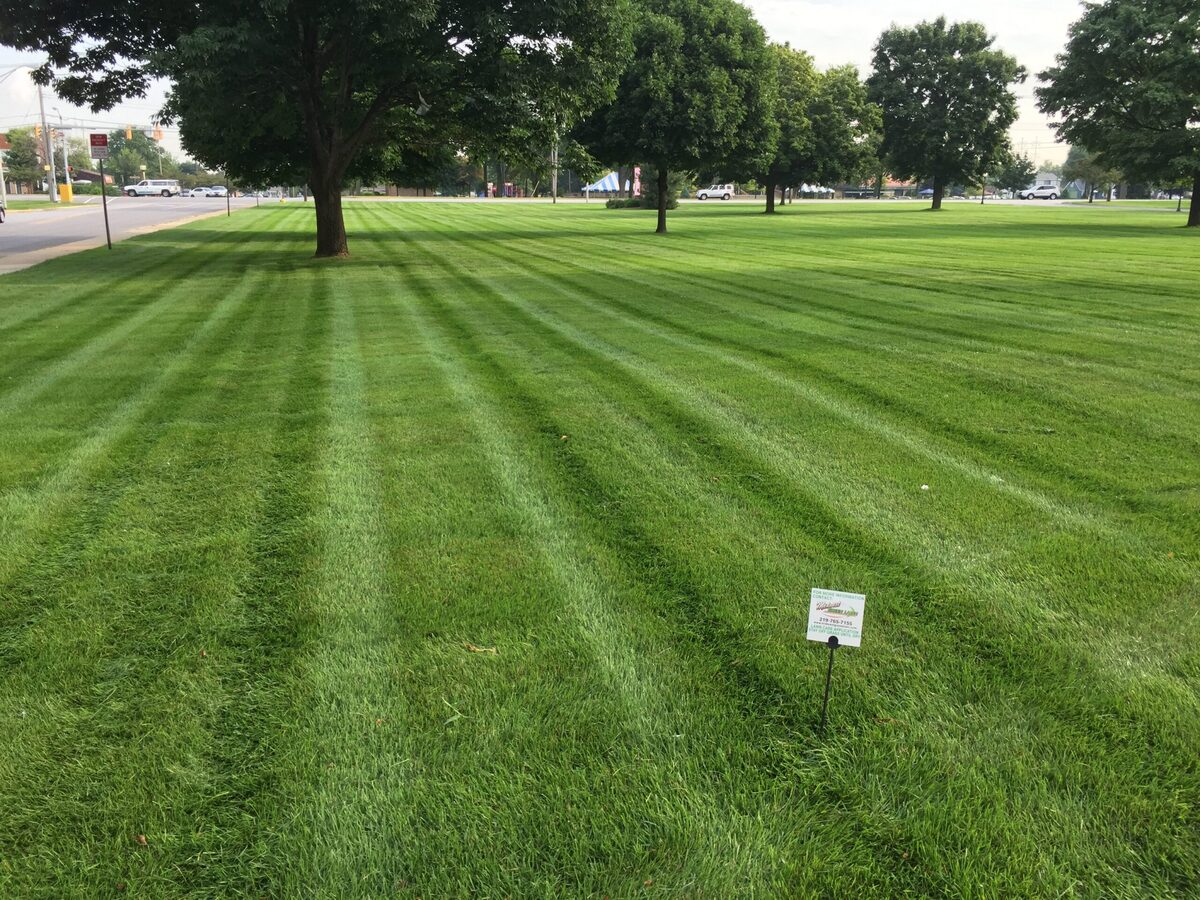
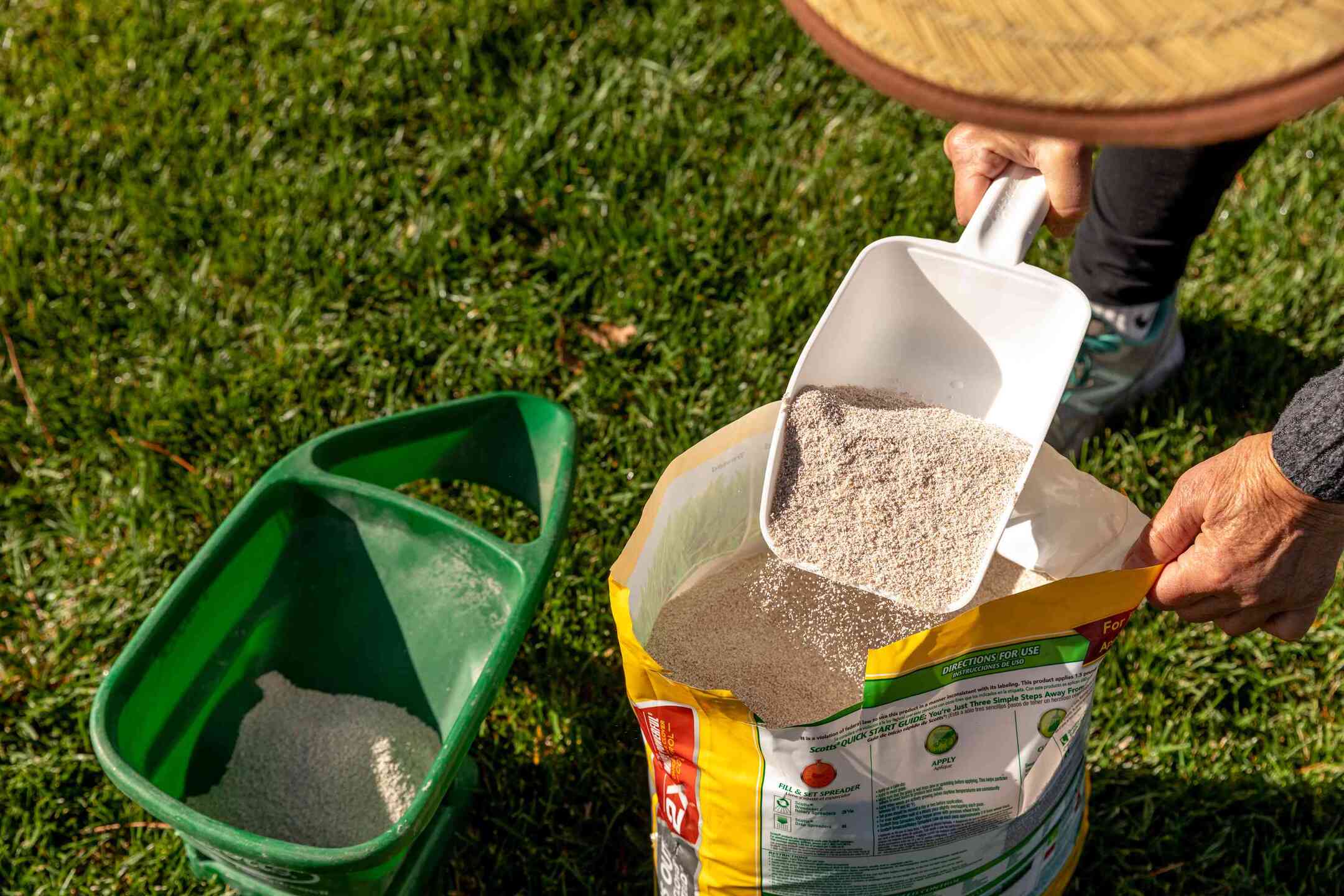
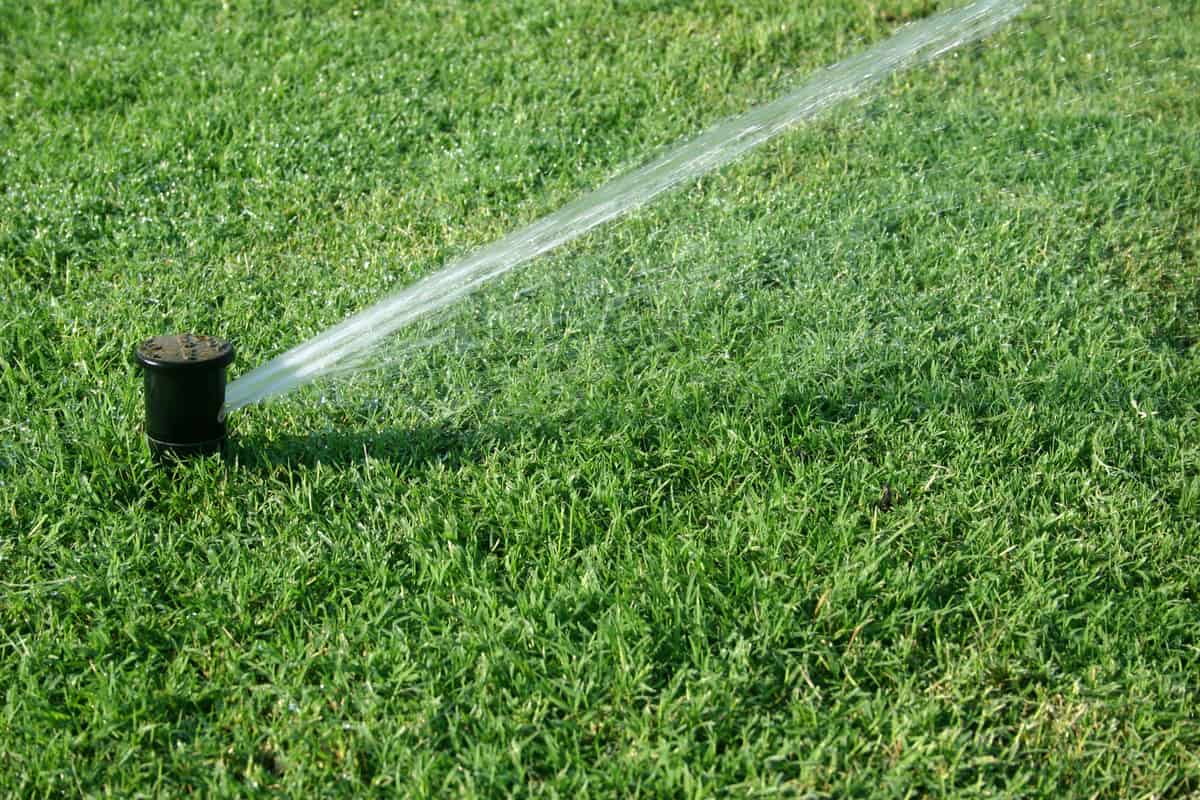

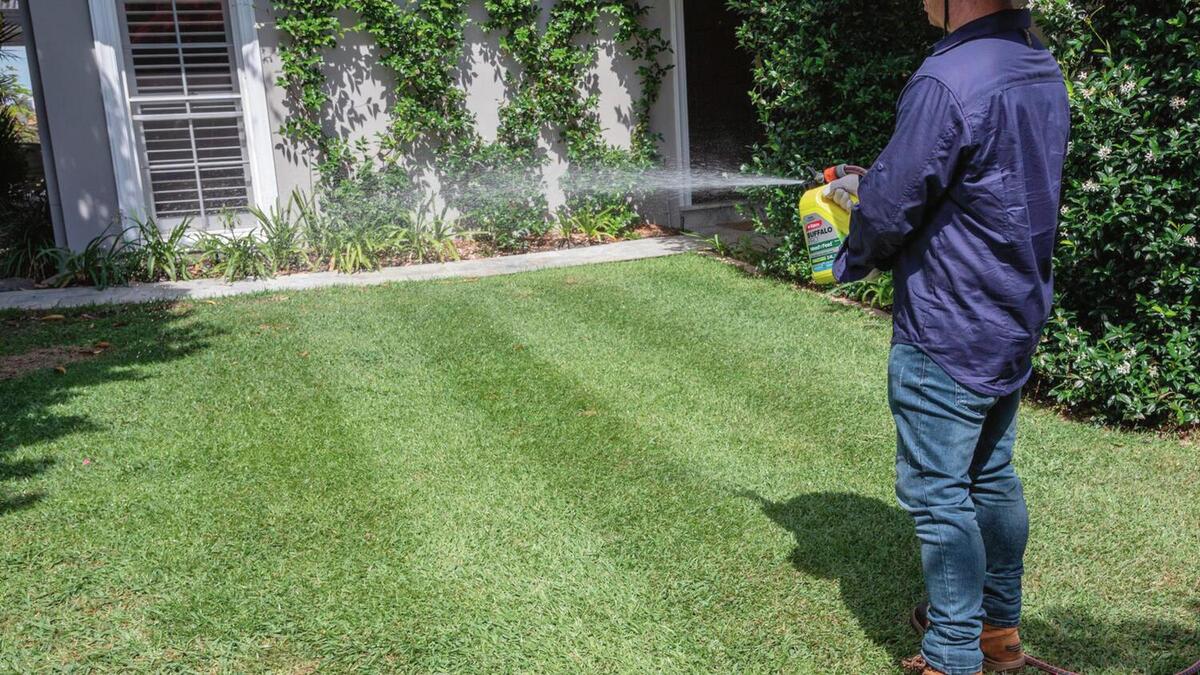

0 thoughts on “How Long To Water Grass After Fertilizing”